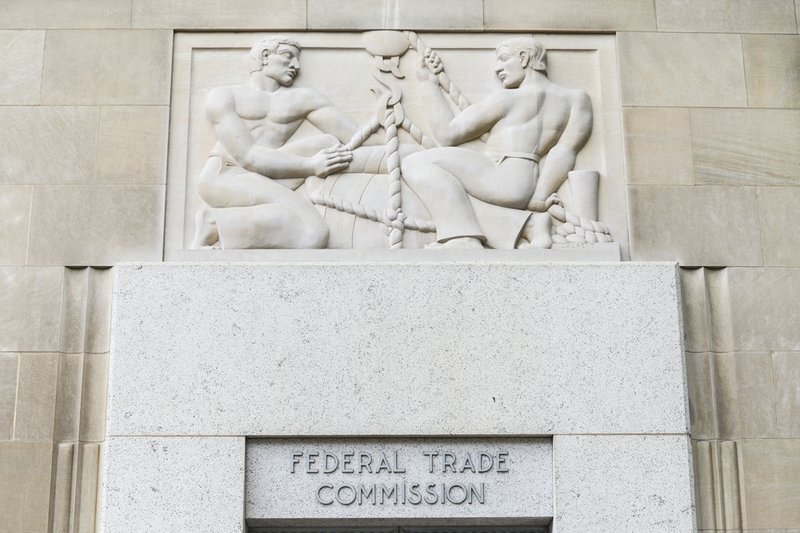OTI Welcomes FTC Votes on Merger Guidelines, Health Privacy
Press Release

Felix Lipov / Shutterstock.com
Sept. 15, 2021
Today at a public meeting the Federal Trade Commission (FTC) voted to rescind the agency’s vertical merger guidelines, which were adopted last year after an abbreviated proceeding that OTI called a “missed opportunity for change.” OTI had urged the FTC and Department of Justice to adopt stronger guidelines and to learn the lessons of recent vertical transactions including Comcast’s purchase of NBCUniversal in 2011, AT&T’s acquisition of DirecTV in 2015, and AT&T’s merger with Time Warner in 2018.
The FTC also approved a policy statement on privacy breaches by health apps and connected devices. OTI has warned about the privacy risks related to the proliferation of health and fitness wearables and supports regulation that would protect sensitive health data collected by consumer devices. OTI called for greater regulatory scrutiny of Google’s acquisition of Fitbit, emphasizing the privacy implications of Google’s access to Fitbit’s detailed health data.
The following quote can be attributed to Joshua Stager, Deputy Director of Broadband and Competition Policy at New America’s Open Technology Institute:
“Last year’s vertical merger guidelines missed the mark. They glossed over critical issues, ignored key harms in digital markets, and denied public participation. Perhaps most importantly, they were approved by the slimmest majority possible. To work effectively, the guidelines should reflect consensus. We look forward to working with the FTC to find that consensus and to make our antitrust laws work better under stronger guidelines.”
The following quote can be attributed to Christine Bannan, Policy Counsel at New America’s Open Technology Institute:
“The FTC’s policy statement recognizes the importance of protecting the health data on wearable devices. The Internet of Things and health apps have become even more important during the pandemic as people use personal devices to monitor their health. It’s critical that the privacy of health data is protected regardless of whether it is collected by a traditional healthcare provider or an app.”